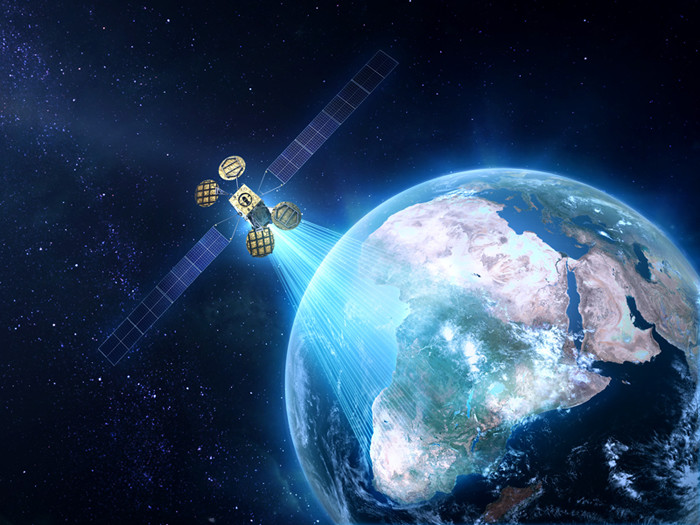 NEWS
NEWS
 NEWS
NEWS
 NEWS
NEWS
Social media giant Facebook, Inc. announced Monday that it would be partnering with French satellite company Eutelsat Communications SA to bring free basic internet access to parts of Sub-Saharan Africa.
The new partnership is part of Facebook’s Internet.org initiative, whose goal is to introduce internet access to developing countries by building infrastructure, partnering with local service providers, educating users, and more. Of course, getting more people online is also the easiest way for Facebook to continue growing its user base at this point with over 1.49 billion people already using the social network each month.
The new partnership will use the future AMOS-6 satellite to build a broadband network that Eutelsat says is perfectly suited to connecting “low to medium density population areas.” The service is scheduled to begin in the second half of 2016, and the network capacity will be shared between Eutelsat and Facebook.
“Facebook’s mission is to connect the world and we believe that satellites will play an important role in addressing the significant barriers that exist in connecting the people of Africa,” Chris Daniels, VP of Internet.org, said in a statement. “We are looking forward to partnering with Eutelsat on this project and investigating new ways to use satellites to connect people in the most remote areas of the world more efficiently.”
Eutelsat announced that it would be creating a new company based in London that will be charged with overseeing its African network and business, and it named former Tiscali International Network CEO Laurent Grimaldi as the head of the new division.
“We are excited by this opportunity to accelerate the deployment of our broadband strategy and to partner with Facebook on a new initiative to provide Internet access services in Africa,” added Eutelsat CEO Michel de Rosen. “Eutelsat’s strong track record in operating High Throughput Satellite systems will ensure that we can deliver accessible and robust Internet solutions that get more users online and part of the Information Society.”
Support our mission to keep content open and free by engaging with theCUBE community. Join theCUBE’s Alumni Trust Network, where technology leaders connect, share intelligence and create opportunities.
Founded by tech visionaries John Furrier and Dave Vellante, SiliconANGLE Media has built a dynamic ecosystem of industry-leading digital media brands that reach 15+ million elite tech professionals. Our new proprietary theCUBE AI Video Cloud is breaking ground in audience interaction, leveraging theCUBEai.com neural network to help technology companies make data-driven decisions and stay at the forefront of industry conversations.